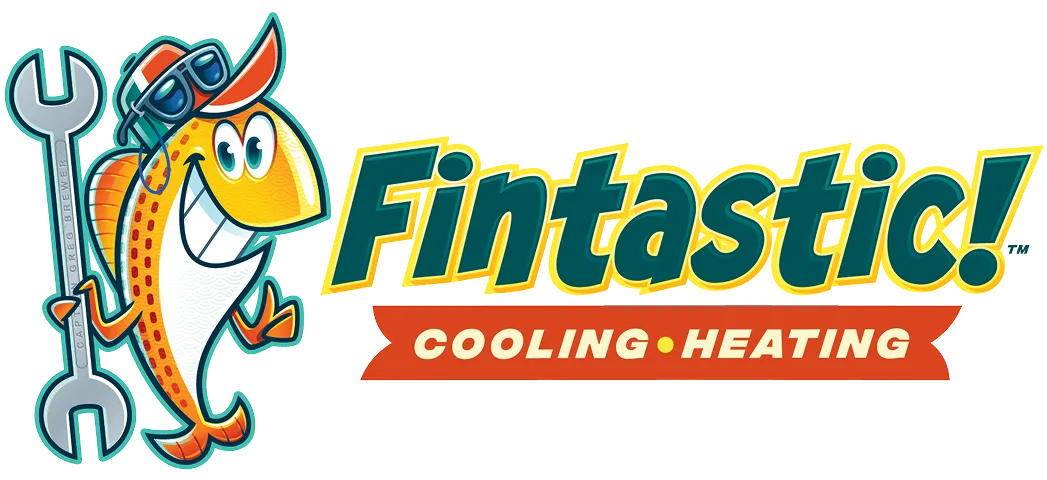Heating Services in West Houston, TX
West Houston homeowners can access comprehensive heating care across the system lifecycle, including repair, installation, replacement, maintenance, tune-ups, emergency response, and service agreements. The page outlines scope, deliverables, warranties, and common issues such as uneven heating, short cycling, ignition problems, high energy bills, and loud noises. It also describes a diagnostic process from initial inspection to written estimates and post-service verification, plus guidance on choosing new equipment, maintaining efficiency, and enrolling in preventive plans for priority service and cost savings.
.jpg)
Heating Services in West Houston, TX
Winters in West Houston may be short, but sudden cold snaps, high humidity, and aging home systems still make reliable heating essential. Whether your home uses a heat pump, gas furnace, ductless mini-split, or electric heater, professional heating services keep systems safe, efficient, and ready when temperatures drop. This page explains heating repair, installation, replacement, maintenance, tune-ups, emergency response, and service agreements specifically for West Houston, TX homes — what each service includes, typical deliverables, common local issues, and how scheduling and enrollment usually work.
Comprehensive Heating Services Offered
We cover the full lifecycle of home heating systems in West Houston:
- Heating Repair (furnace repair West Houston, heat pump repair West Houston)
Scope: Diagnose and correct malfunctions in burners, igniters, thermostats, air handlers, compressors, reversing valves, relays, and control boards.
Typical deliverables: on-site diagnostics, written repair estimate, replaced parts with parts/labor documentation, system testing and safety checks.
Common guarantee: short-term parts and labor warranty on repairs. - Installation (heater installation West Houston, heat pump installation West Houston)
Scope: New system selection, right-sizing, ductwork assessment, removal of old equipment, installation of new furnace/heat pump/mini-split, startup and calibration.
Typical deliverables: load calculation (simple description of sizing), permit-ready documentation, system commissioning report, thermostat setup, safety inspection.
Installation guarantee: manufacturer and installer workmanship documentation. - Replacement (heater replacement West Houston)
Scope: Replace worn or inefficient equipment with higher-efficiency models, upgrade controls or ductwork as needed.
Typical deliverables: replacement options with efficiency ratings (AFUE, HSPF), estimated energy savings, disposal of old unit, warranty transfer assistance. - Maintenance & Tune-ups (fall heating tune ups West Houston)
Scope: Seasonal inspections and cleaning to maintain efficiency and safety.
Typical deliverables: blower and burner cleaning, heat exchanger inspection, igniter and pilot checks, thermostat calibration, electrical connection tightening, airflow and filter check, written service checklist.
Benefits: fewer breakdowns, improved fuel efficiency, extended service life. - Emergency Response (emergency heating services West Houston)
Scope: Rapid response for no-heat calls, gas leaks, carbon monoxide concerns, or system failures during cold events.
Typical deliverables: safety shutdowns if necessary, temporary repairs to restore heat, prioritized scheduling for follow-up replacement or permanent repair, and safety documentation. - Service Agreements (heating service agreements West Houston)
Scope: Ongoing preventive care plans that bundle tune-ups, priority service, and discounts.
Typical deliverables: scheduled seasonal visits, documented service history, priority dispatch, and parts/labor savings; enrollment usually begins with an initial inspection and a written plan.
Common Heating Problems in West Houston, TX
West Houston homes experience specific heating issues due to climate and typical housing stock. Common problems and what they often indicate:
- Uneven heating between rooms — thermostat placement, duct leakage, or undersized equipment.
- Short cycling (system turns on/off frequently) — improper sizing, clogged filters, or failing control components.
- System won’t start or ignition failures — faulty igniter, pilot problems, or control board issues.
- Higher-than-normal energy bills — aging equipment, low refrigerant in heat pumps, poor airflow, or failing components.
- Strange noises (clanking, rattling, hissing) — loose parts, worn bearings, or airflow restriction.
- Odors or suspected gas leaks — immediate safety check for gas appliances and combustion appliances; carbon monoxide testing.
- Corrosion or premature failure of outdoor units — accelerated by high humidity and coastal air; heat pump coils and electrical contacts are vulnerable.
Diagnostic Process: What to Expect
A thorough diagnostic approach ensures precise repairs and transparent recommendations:
- Initial inspection — Visual and operational check of indoor and outdoor units, ductwork, filters, and thermostats.
- Safety checks — Combustion analysis for gas furnaces, gas line and CO leak checks, electrical safety verification.
- Performance testing — Temperature split, airflow measurements, amp draw on motors, and refrigerant pressures for heat pumps.
- Cause identification — Pinpoint root causes rather than temporary fixes.
- Written estimate and options — Clear, itemized repair or replacement choices, expected timelines, and warranty details.
- Post-service verification — System tested under load with a final checklist and performance readout.
This process minimizes repeat visits and helps homeowners in West Houston understand the tradeoffs between repair and replacement.
Installation and Replacement Guidance
Deciding to replace a heater is as much about reliability and efficiency as upfront cost. Key considerations for West Houston homes:
- Age and condition of existing equipment — systems older than 12–15 years often justify replacement.
- Efficiency ratings — AFUE for furnaces, HSPF and SEER for heat pumps. Upgrading can lower utility bills in the long run.
- Right-sizing — a proper sizing assessment avoids short cycling and keeps humidity control balanced during transitional seasons.
- System type selection — gas furnaces remain common, but heat pumps and ductless mini-splits are increasingly popular for whole-home efficiency in the Gulf Coast climate.
- Ductwork condition — leaky or poorly insulated ducts reduce heating performance and should be inspected during replacement.
Permits and local code compliance are typically part of replacement projects; paperwork and safety inspections are standard deliverables.
Maintenance Plans and Enrollment
Regular maintenance is the most cost-effective way to avoid emergency repairs and improve system life. Typical maintenance plan features include:
- Scheduled fall heating tune-ups with a detailed service checklist.
- Priority scheduling during cold snaps.
- Discounted diagnostics and parts.
- Documentation of all visits for warranty support and resale value.
Enrollment usually consists of an initial inspection to assess equipment, selection of a plan level, and a written agreement that outlines coverage, frequency, and any inclusions such as filter replacement or discounts.
Emergency Response and Service Guarantees
Emergency heating services prioritize safety and rapid restoration of heat. Typical emergency service elements:
- Immediate safety evaluation (gas shutoff, carbon monoxide testing).
- Temporary measures to restore heat when permanent repair is not immediately possible.
- Clear follow-up plan and timeline for permanent repair or replacement.
- Workmanship and parts warranty documentation—commonly provided for repaired components and sometimes extended through service agreements.
Long-term Benefits of Proactive Heating Care
Timely repairs, professional installations, and regular maintenance deliver measurable benefits for West Houston homeowners: improved comfort during cold snaps, lower energy bills, fewer mid-winter failures, better indoor air quality, and preservation of property value. Properly maintained systems also reduce the risk of safety issues like carbon monoxide exposure and gas leaks.
Scheduling or enrolling in a service agreement typically begins with an initial inspection and documented plan selection; providers then set seasonal appointment windows and maintain a service history for the property. For West Houston homes, addressing humidity, corrosion, and occasional extreme weather as part of a comprehensive heating strategy protects comfort and investment over time.
Customer Testimonials
Our customers praise our exceptional service and attention to detail, consistently exceeding expectations.































































